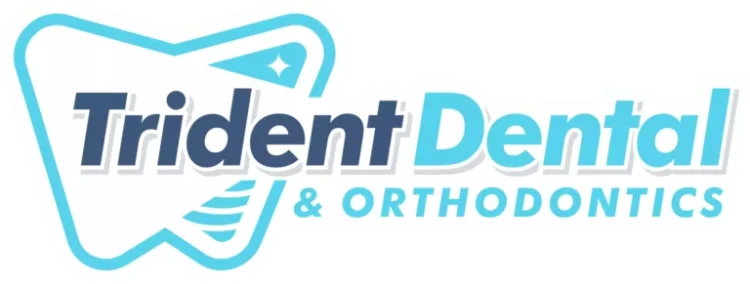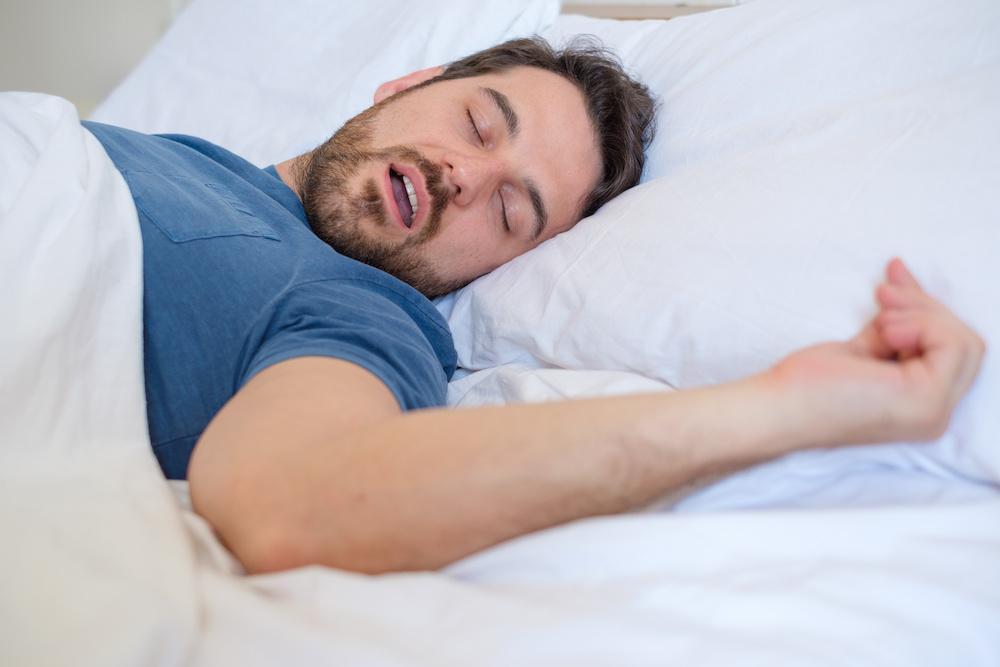We live in a fast-paced world, where we currently average a measly total of 6.8 hours of sleep a night, and 40% of Americans get less than 6 hours. So, it’s no wonder that 50-70 million U.S. adults have a sleeping disorder, and sleep apnea is the most prevalent, with 22 million diagnosed.
That’s why at Trident Dental in Houston, Texas, our team of dental professionals has compiled this helpful guide to keep you informed on sleep apnea and how it can lead to a host of serious illnesses.
Finding out if you have sleep apnea
Sleep apnea is a sleep disorder where your airway is so obstructed that you have trouble breathing or even stop breathing altogether. Here are some common symptoms of sleep apnea:
- Loud snoring
- Insomnia
- Irritability
- Waking up with a dry mouth and headache
- Waking up feeling tired
- Inability to focus
- Gasping for air while asleep
You’ll also want to be aware of the risk factors for sleep apnea. While it’s important to note that sleep apnea can impact everyone, even children, there are still some factors that place you at a higher risk for developing sleep apnea, including:
- Smoking
- Alcohol use
- Being overweight
- Being over the age of 40
- A large overbite
- A recessed chin
- A small jaw
- Genetic predisposition
- Having a large neck (men: 17 inches or more, women: 16 inches or more)
The dangers of sleep apnea
Sleep apnea is a pretty serious illness on its own. But, what makes it really dangerous is its tendency to place you at risk for a host of other chronic conditions. These can include the following.
Heart problems and high blood pressure
Sleep apnea stresses your heart to levels that are dangerous. This is due to the trouble breathing or stops in your breathing, which drops your blood oxygen levels, straining your cardiovascular system, and increasing your risk for high blood pressure (hypertension) in the process. This also places you at an increased risk of having a heart attack.
Type 2 diabetes and liver disease
Sleep apnea places you at a higher risk for developing insulin resistance and type 2 diabetes as a result. Your liver also becomes damaged in the process, leading to scarring, abnormally high liver test results, and fatty liver disease.
Metabolic syndrome
Metabolic syndrome is a possible complication of sleep apnea. This is a chronic illness characterized by erratic cholesterol, high blood pressure, increased fat in your abdominal and hip area, and an increased risk of heart disease.
Treat sleep apnea today
Our professionals are experts in diagnosing and treating sleep apnea. In many cases, the solution is a custom-made oral appliance that we make to be worn while you sleep. These devices gently ease the lower jaw forward, preventing your tongue from blocking the central air passage.
If you think you snore like a bear, it’s worth getting screened for apnea. Contact us to set up a consultation by calling or by scheduling online.

